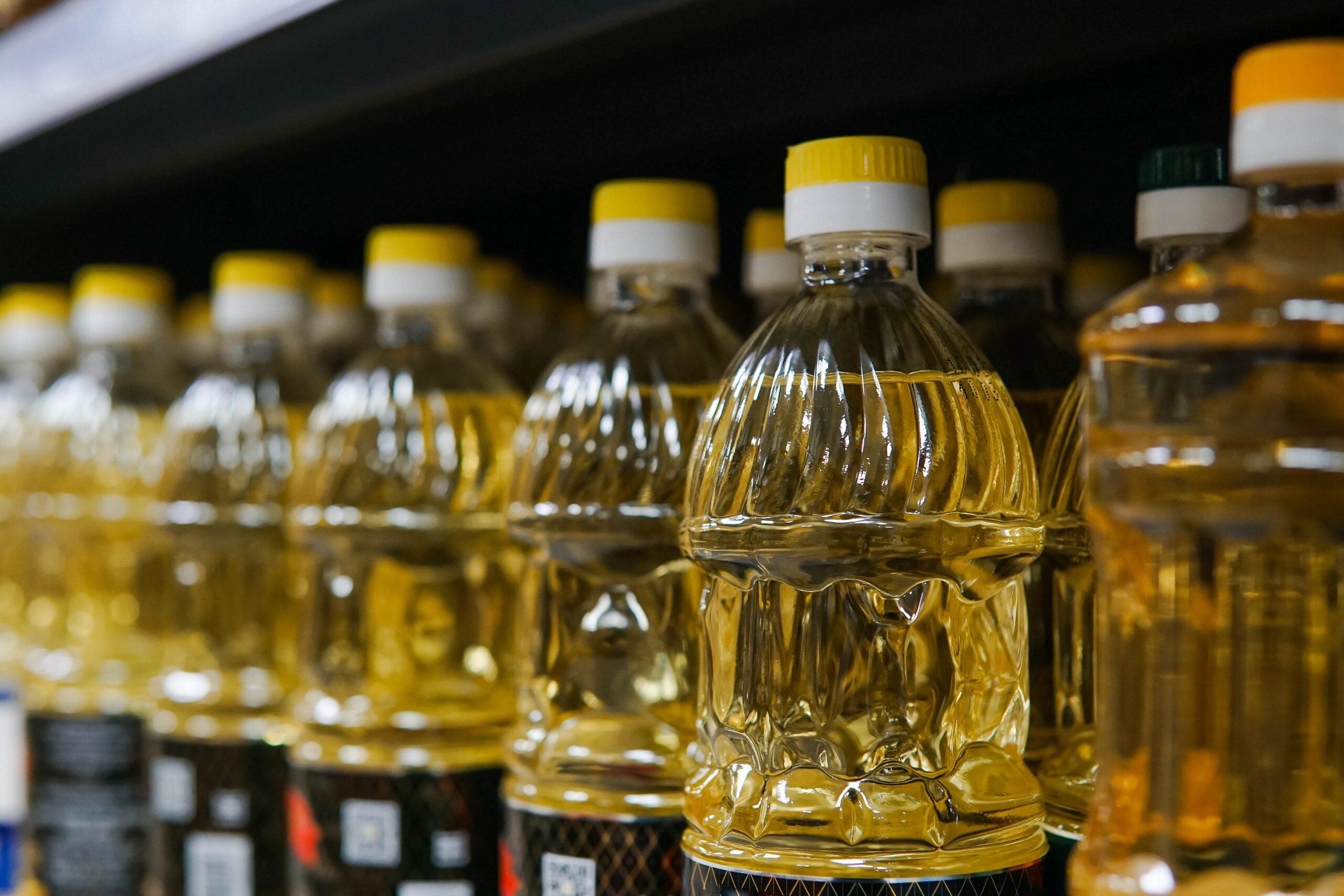
Ukraine’s MHP Group has secured a US$90m loan from Europe’s multi-national development bank to support sunflower oil exports from the war-torn country.
Almost a year since Russia invaded Ukraine on 24 February 2022, the European Bank for Reconstruction and Development (EBRD) has awarded the funds to enable MHP to finance the “seasonal working capital needs for its edible oil crushing segment in Ukraine”, the lender said in a statement today (14 February).

Discover B2B Marketing That Performs
Combine business intelligence and editorial excellence to reach engaged professionals across 36 leading media platforms.
London-listed MHP is a major producer and supplier of food commodities such as corn, wheat, rapeseed and soybeans, as well as sunflower oil. The company also accounted for about half of Ukraine’s poultry output before the conflict with Russia disrupted its operations. The business operates three edible oil crushing facilities in Ukraine.
“In recent years, Ukraine has produced one-third of the world’s sunflower oil and accounted for nearly half of sunflower oil global exports, playing a crucial role in the global food security and edible oils supply,” the EBRD said.
A deal was brokered last July by Turkey and the United Nations with Russia - dubbed the Black Sea Grain Initiative - to allow for the safe passage of ships leaving select Ukraine ports destined for low-to-middle and high-income countries.
The agreement was initially signed off for 120 days in an effort to alleviate food-security risks and it was then extended for another 120 days in November covering corn, wheat, sunflower products, barley, rapeseed and soya beans. It has yet to be seen whether an extension beyond the March expiry can be negotiated.

US Tariffs are shifting - will you react or anticipate?
Don’t let policy changes catch you off guard. Stay proactive with real-time data and expert analysis.
By GlobalDataSo-called “first loss risk cover” applicable to the MHP loan will be provided by the US through the country’s contribution to the EBRD’s Crisis Response Special Fund. It includes a technical assistance grant of EUR75,000 (US$80,678) to “enhance the group’s capacity for economic inclusion of people with disabilities and war veterans”.
The funds will also help “maintain the livelihoods of employees and oilseeds suppliers in Ukraine”, the EBRD added.
As background to the impact from the conflict, the lender said: “Russia’s war on Ukraine has disrupted operations across the economy and existing supply chains, negatively impacting Ukraine’s sunflower seed harvest and sunflower oil production and putting further pressure on agriculture produce availability and prices, increasing the need to support the sector.”
MHP confirmed to Just Food it was getting loan.
In November, the company issued its third-quarter and nine-month results to 30 September. Year-to-date net income turned to a loss of $269m from a $377m profit in the corresponding period of 2021.
“The group has incurred substantial war-related costs since the Russian invasion on 24 February,” MHP said in its commentary. Those costs amounted to $45m in the nine months to 30 September, “including community support donations, write-off of inventories and biological assets, and other war-related expenses”, it said.
As of September, revenue stood at $1.9bn, up 14%, and revenue from exports was 32% higher at $1.1bn.
Operating profit, however, was down 57% at $176m, and adjusted EBITDA was 47% lower at $275m.





